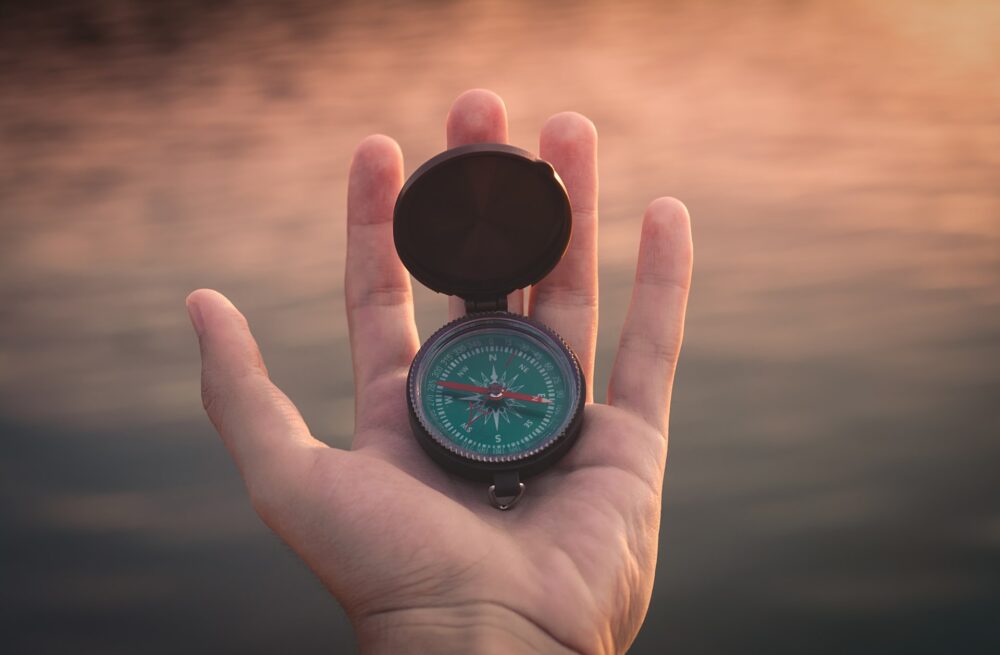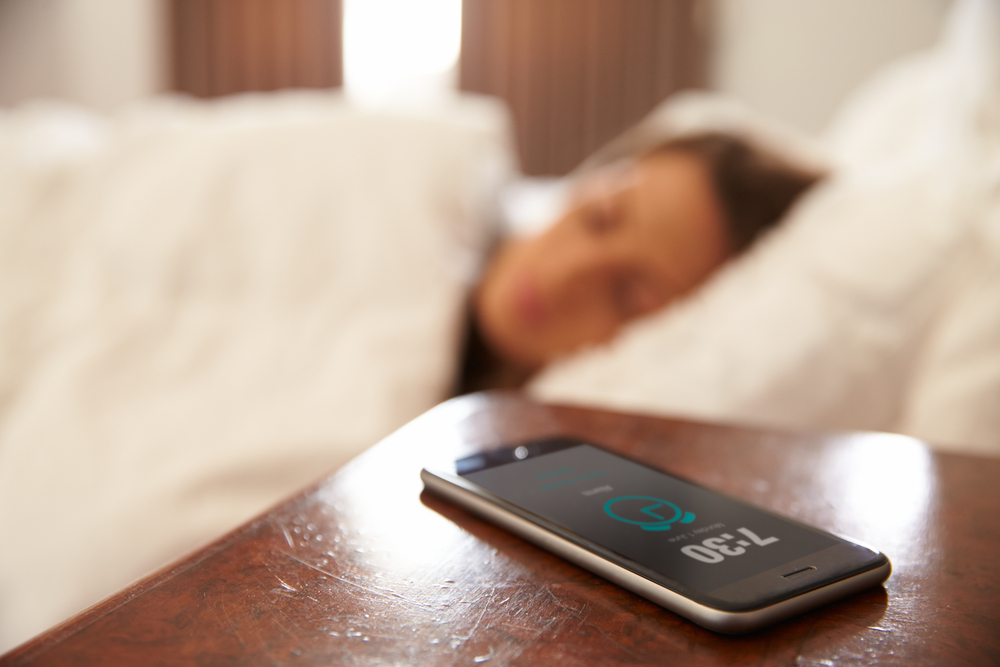When Do The Clocks Go Back? 10 Things You Might Not Know
6 min read
Last Modified 17 October 2023 First Added 18 September 2020
Every year we switch from British Summer Time (BST) back to Greenwich Mean Time (GMT) to help us make the most of the dwindling winter sun. This year, the clocks go back on Sunday 29th October at 02:00 am.
However, why this happens and what it means is a little more detailed than you first realise. So, join us as we explain where it started and what this means for you.
Yes! The change in October is where the clocks go backwards. That means it’s “the good one” where we get an extra hour in bed. It’s in springtime, when the clocks go forward, that we lose an hour.

No, Daylight Savings Time is another name for British Summer Time (BST). This is the time zone we are in during the summer months after the clocks go forward. In the winter, the clocks go back and we follow Greenwich Mean Time (GMT) again, which is our standard time zone.
Now we have that covered, here are 10 interesting facts about this annual ritual and how it affects the country.
The proposal for Daylight Savings Time was put forward by William Willett in 1907, as he argued that we were wasting important daylight by rising at the same time in the summer as we did throughout the winter months. He believed we should advance our clocks by 80 minutes via four incremental sets of 20 minutes during April. This would then be reversed in the same fashion during September.
The clocks first changed in 1916 in the UK. However, though Willett proposed this in 1907, Britain failed to adopt the idea until 1916, a month after Germany had taken up the idea. The idea was particularly attractive at this time as the First World War was taking its toll on the nation, and anything that could improve productivity was encouraged.
Daylight Savings Time was first satirically proposed by Benjamin Franklin in a letter he addressed to Parisians in 1784. He argued that more daylight would mean people wouldn’t waste candles by having to burn them for longer.

Retailers actually dislike the change to GMT as the darker evenings mean that much fewer people are likely to go shopping in the evenings after work. Obviously, any fall in sales is offset by the manic Black Friday and Christmas period, but with both opening and closing occurring in the dark, it can seem like a long time before the clocks change again.
Clocks change on a Sunday, thanks to the EU. Daylight Savings Time is always kept between the last Sunday of March and the last Sunday of October. In winter, they change at 02:00 GMT, and go forward in summer at 01:00 GMT, as according to an EU directive.
The main reason for turning the clocks back was to make the most of the daylight available in the summer. Another argument, however, was that the different hours would affect the amount of domestic coal usage, thereby increasing the supplies available for manufacture and for supporting WWI.
There are many other reasons why we change our clocks twice during the year. Agriculture is a major concern, with farmers’ working hours being more affected by the amount of daylight available in the morning than the rest of us. Farmers often rise or begin work at around 5 in the morning. If the clocks were not adjusted, dairy farmers located in the North of the country would not see dawn until after 9 o’clock, meaning hours of working in the dark.
Next time you’re thinking “when do the clocks go back?” simply memorise the phrase “spring forward, fall back”. The clocks always spring forward an hour on the last weekend in March and fall back on the final weekend of October.

Only around a quarter of countries in the world have any type of clock change at all and these don’t necessarily occur on the same schedule. Not even all the U.S states operate on the same schedule, with parts of Arizona, Hawaii, Puerto Rico, the U.S Virgin Islands and American Samoa declining to follow suit.

It’s going to get dark, very dark during, but putting the clocks back helps us to utilise the daylight in the morning. At the height of summer, on the summer solstice, the UK enjoys a hefty 16 hours and 50 minutes of sunlight. However, that is going to shrink to a measly 7 hours and 40 minutes on the winter solstice. Putting the clocks back helps us take advantage of the little daylight we get. Find out more about the dates clocks change here.
Setting the clocks back by an hour at the end of October means the mornings are lighter, which can have an effect on the time you wake up in the morning. To make sure you’re getting sufficient rest, make sure your bedroom will be dark enough for you to achieve your full 8 hours.
Wake and sleep time are the major effect that the clock changing can have, with many struggling to get enough rest. One study suggested a spike in reported heart attacks in the week after clocks go forward, possibly due to sleep loss. To ensure you have the best chance of getting a good night’s sleep, consider altering your bedtime by ten minutes over a few days in anticipation of the change.
You should also continue to practise good sleeping habits, by avoiding screens a good hour before bedtime, avoiding caffeine and other stimulants and making sure you have a comfortable sleeping environment in which to spend your extra hour of sleep.
Clock changes have always been a contentious issue. In 2019, Members of the European Parliament voted to stop Daylight Savings Time and remain year-round on GMT (winter time). This was meant to come into effect in EU nations in 2021, however, the legislation has been postponed. Despite some support from the public, there is no evidence the UK would follow suit.

If you have a smartphone that has access to the internet, it should update itself. If you happen to be up late that night, you can even watch it happen.
For other clocks and watches, you will have to change those manually. Those who don’t use their phones for their morning alarm, make sure to set the right time before bed!